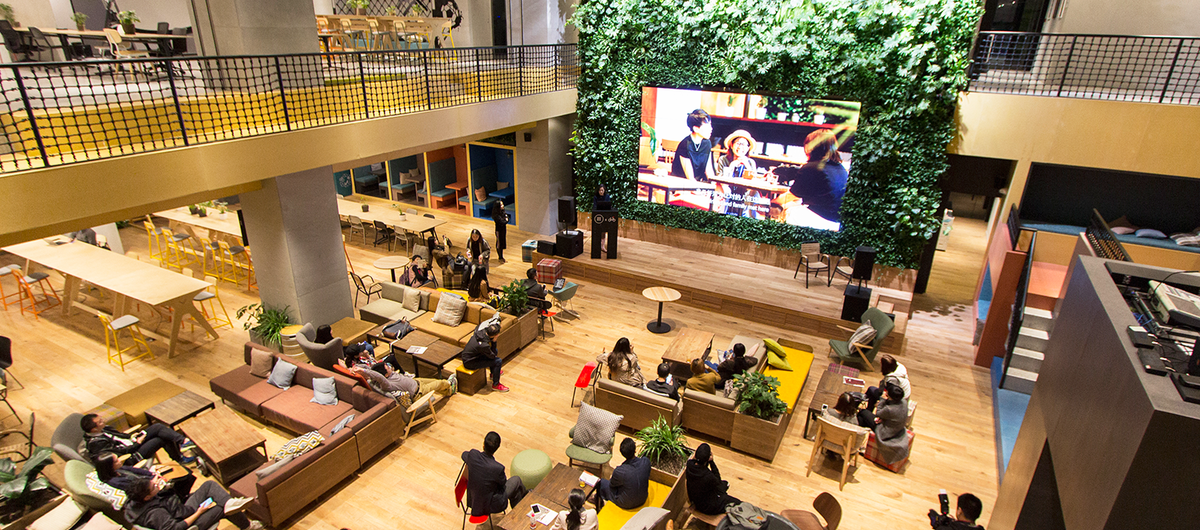What Challenges Do Coworking Spaces and Corporates Face?
As with all great things, challenges arrive hand in hand with the benefits of hosting corporate companies. What issues might coworking providers seek to overcome?
Culture Clash
Concerns are often voiced by corporate companies as to whether they will lose their corporate culture when employees join a coworking space. Serendipity Labs have heard these concerns too, but have seen them disappear quickly. Coworking owners often ensure all members (including corporate clients) have what they need to be successful. In witnessing this, large corporates understand that start-up ‘ideals’ and ‘values’ are not imposed upon them.
Susan Harrison highlights that most of their members (if not all) “are established professionals who take their business seriously. Corporate companies don’t display different behaviors to other members; in fact they are very similar. By 8:30am our space is very active, people come dressed appropriately for a professional environment and regardless of membership type, there is activity and vibrancy in our shared spaces.”
KPMG’s Director of Coworking adds that “Matching the right personalities and individuals to the spaces is key in getting our model to work, as is selecting the right coworking space to be in. Without a desire to partner from the coworking space owner the value we can bring to the community is limited simply through access. It works really well when you have a strong and complimentary team working together, which is why we work alongside coworking owners to ensure we maintain a harmonious relationship.”
Meeting Strict and Specific Requirements
It’s quite common for large corporate members to ask for specific arrangements to meet their needs. At Mindspace, this can include anything from VPN networks to dedicated meeting rooms and stricter access control to certain areas. How should requests like this be responded to? Mindspace “believes in crafting unique experiences for members, so we try to work out win-win solutions to make our member companies and our community both happy and productive.”
Replacing Large Members
Whilst it’s a great feeling when a member signs for 30 desks, the feeling is not so great when they hand in their notice. Replacing large members can be a huge struggle, especially if you’ve moved partitions to accommodate them, given extra flexibility to the ways in which they personalise the space or altered your IT provisions specifically for that member. When a large member is providing a large income, it’s also very easy to allow branding or community guidelines to be flexed to accommodate them. This could have a ripple effect which remains once the member has left. You must also consider how quickly you can replace the member to ensure the empty space doesn’t leave too much of a dent in your income for too long.
Moving Away from Hospitality and Towards Community
Many corporate coworking members come from a serviced office environment which differs greatly from the unspoken rules which govern coworking communities. It may be something as simple as adopting new habits in relation to cleaning provisions. Many corporate companies have on-site cleaners 24 hours a day, whereas coworking spaces may trust members to clear away after themselves.
All in all, there is a strong indication that the number of corporate companies utilizing coworking spaces is set to rise. This is due to a huge drive towards innovation, increased cost benefits in terms of real estate and a large volume of statistical evidence surrounding workplace trends.
Most coworking spaces report more benefits than challenges when hosting corporate members. However, it wouldn’t be unusual for spaces to feel defeated by such challenges and fall short when it comes to adapting their space fast enough. Providers of coworking spaces may also struggle with varied dynamics or find it difficult to maintain customer satisfaction across the board. The question is: which coworking spaces will succumb to the challenges, or are not interested in it, and which will reap the rewards?







